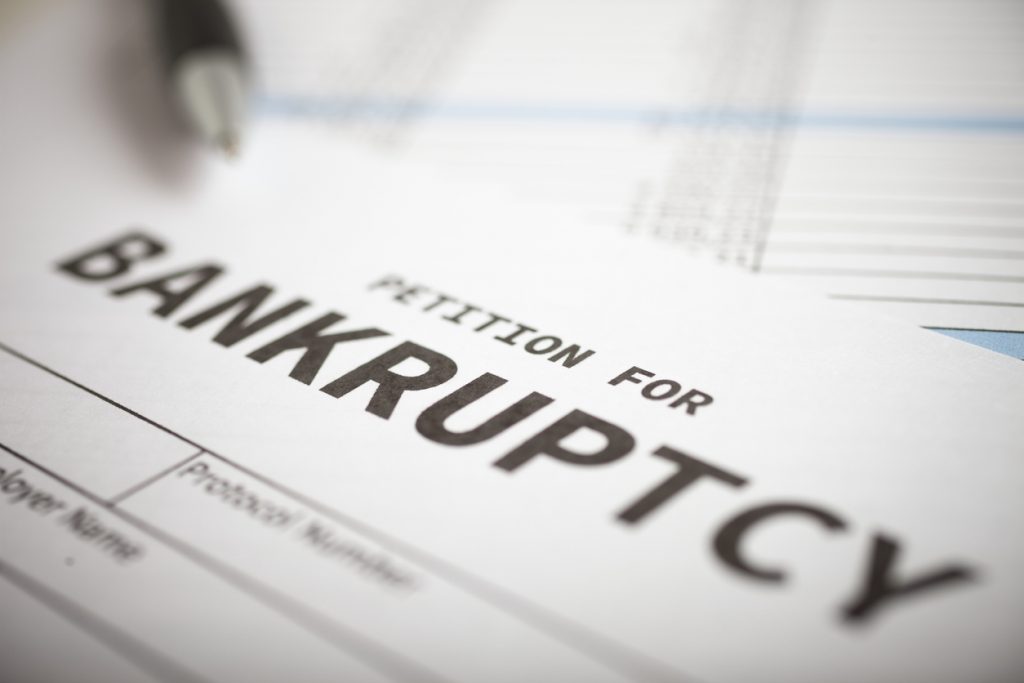Understand Your Rights. Solve Your Legal Problems


In this article, we’ll explore the differences between Chapter 7 and Chapter 13 bankruptcy cases in the US to help you better understand which one fits your needs.
Chapter 7 bankruptcy is a direct way to file for bankruptcy that gives you a fresh start. Through liquidation (selling) your assets, someone deep in debt will not have to repay any leftover debt that is not paid for by nonessential assets.
Any person, partnership, corporation, or business entity can file for Chapter 7 bankruptcy. If you’re married, both spouses may file together or separately when appropriate.
Most people who file Chapter 7 bankruptcy have high debt in credit cards, medical bills, or personal loans. Child support, alimony, income taxes, some lawsuits, and student loan debt will not be relieved if you choose to file Chapter 7.
By filing for Chapter 7 bankruptcy, you are allowing a person (usually a trustee or lawyer) to sell off some of your assets to pay for your debt. Anything sold is used to prove that you are working towards paying off as much of your debt as you can.
The good news is that you’ll be able to keep anything that’s essential to living and working such as your home, furniture, car, clothes, and the like. After all of your nonessential assets are sold, you are not expected to continue paying back your debt.
The entire process will take several months and cooperation with the trustee is important to ensure that you provide the necessary documents to have your debt discharged.
For more information on Chapter 7 Bankruptcy, check out this helpful guide.
For those who can pay off their debt over time, Chapter 13 Bankruptcy is known as the wage earner’s plan. In other words, you can work alongside the court to develop a repayment plan based on your income over a time period of 3-5 years.
Any individual, even those working for themselves or working under an unincorporated business, can file for Chapter 13 bankruptcy. According to United States Courts, any unsecured debt (any debt that is not under loan or guarantor) must be under $394,725 and any secured debt (such as your house or car that you still owe payments on) is under $1,184,200 in order to file Chapter 13.
Those who choose to file Chapter 13 often do so to prevent foreclosure on their homes. It also allows other secured debt to be rescheduled, lowering payments during the allotted time determined by the courts.
To begin filing for Chapter 13 Bankruptcy, you must first file a petition with the area’s bankruptcy courts and bring a handful of documents, such as a schedule of assets and liabilities, to court to prove that the debts cannot be repaid in full.
Several other documents are needed to prove that you are willing to pay through a repayment plan of 3-5 years. The courts set the terms of your repayment schedule and the number of years you are expected to pay toward your debt.
If your monthly income is greater than the state median, you will be expected to pay on your debt for the maximum five years. If your monthly income is less than the state median, you will most likely pay toward your debt for a minimum of three years.
[ymal]
During the Chapter 13 process, debt collectors are no longer allowed to start or continue collecting on your debt, which allows you to pay off your current debt in peace. Any other individuals who are deemed “liable” for your debt are also protected during this process, meaning they are not affected by your filing for bankruptcy.
Generally speaking, Chapter 7 bankruptcy is a better option for those who have no way of paying off their debt.
Chapter 13 bankruptcy is often better for those who are still able to pay some of their debt at a consolidated rate. Chapter 13 is also one of the best options for those who own a home and are wanting to prevent foreclosure.
At the end of the day, filing for bankruptcy is different for everyone. Choosing what chapter to file should be based on your circumstances and you should always work with an experienced attorney when choosing a filing strategy.






